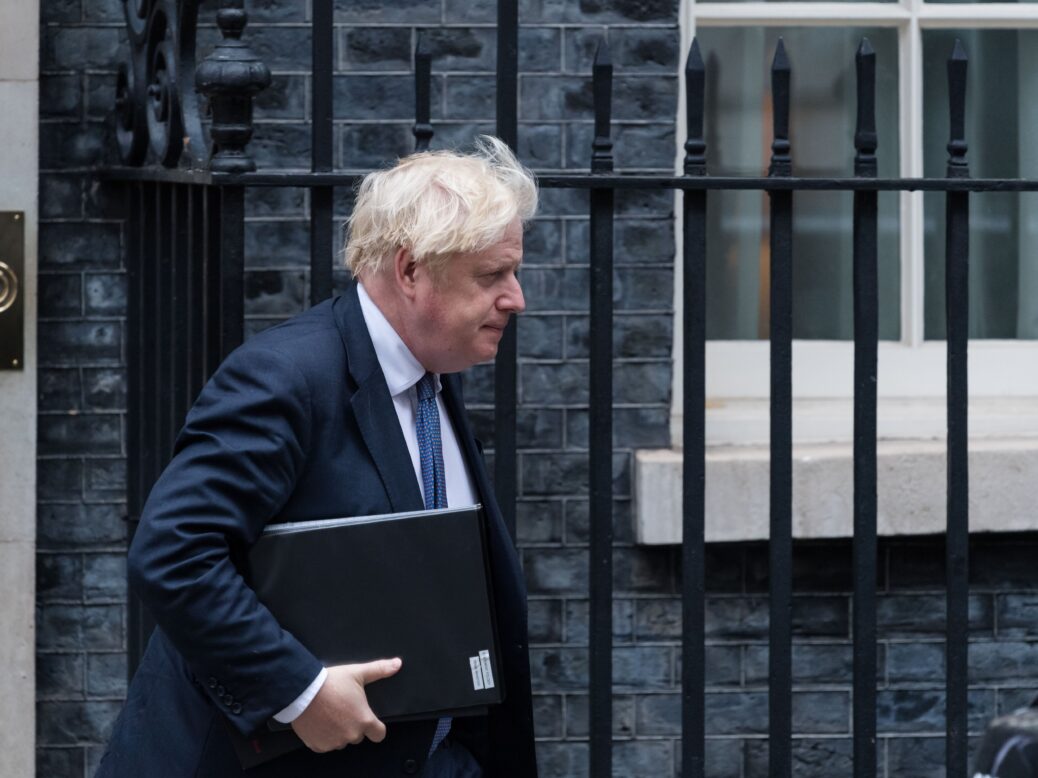
Boris Johnson will chair an emergency virtual meeting of G7 leaders this afternoon to discuss the crisis in Afghanistan.
The Prime Minister, along with the leaders of Germany and France, is expected to push for an extension to the 31 August deadline for airlifting people out of the country, but Johnson appears increasingly resigned that the original date will inevitably go ahead. Mentions of an extension have vanished from briefings to journalists ahead of this afternoon’s call, amid signals from the US that it won’t change course and a warning from the Taliban that there would be “consequences” if Western forces remained in Kabul for longer.
There is, therefore, most likely only one week to finish the mass evacuation of Kabul, and the UK is unexpectedly pleased with the number it has successfully evacuated so far. But its wider diplomatic efforts have been less successful: the attempt to lobby for an airlift extension was not successful and the bilateral channel between the US and UK looks weak, if not broken. Johnson has been attempting a global leadership role in corralling the G7 (the UK is the current chair), but the twin demands of the Taliban and US have made the UK’s sway over these matters look rather feeble.
The priority of today’s call will be to coordinate the humanitarian response to the crisis, where the Prime Minister will, again, hope to assume a leadership role. But that is where he will be confronted with the consequences of his past foreign policy decisions. The aid that the UK has promised to Afghanistan in recent weeks is still lower than the 2019 level, limiting Johnson’s scope to secure ambitious aid commitments from allies. Depending on how the G7 call goes today, it could well be that the collapse of Afghanistan comes to exemplify the weakened and confused place of “Global Britain” on the world stage – drifting from the US, and oscillating between leadership and retreat on global issues.
[See also: The fate of Afghanistan shows why the West must not abandon intervention]





